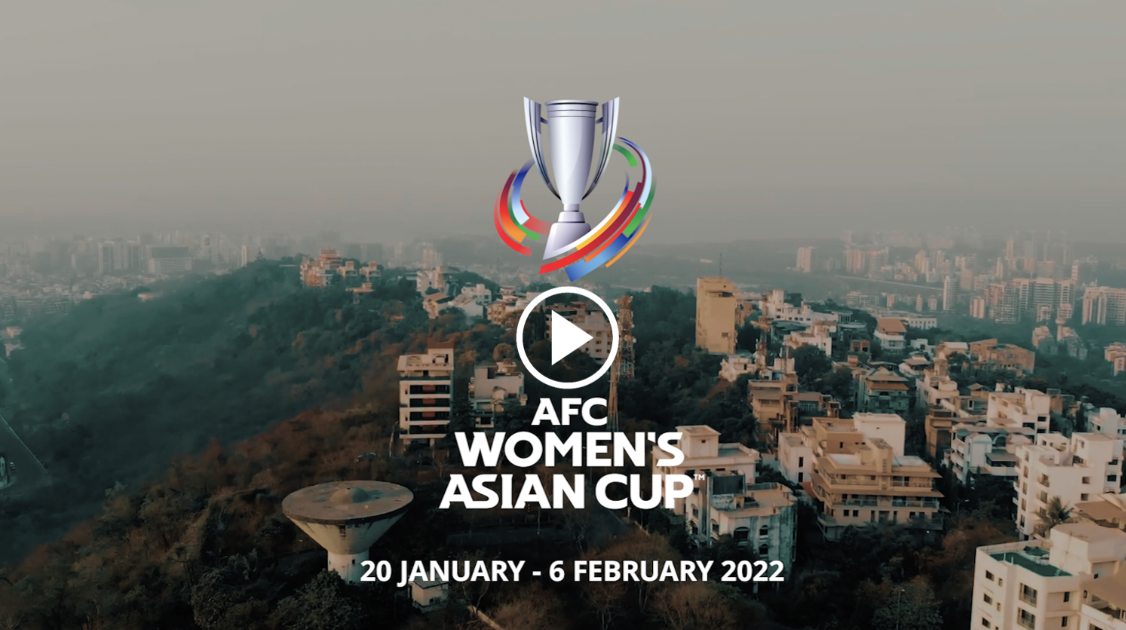March 26 – Mumbai, Ahmedabad and Bhubaneswar will be the three host cities for the next AFC Women’s Asian Cup to be held in India, January 20 to February 6, 2020.
The AFC and the Indian local organising committee have announced the stadiums to be used for the 12-team event will be the D.Y. Patil Stadium in Navi Mumbai, Ahmedabad’s TransStadia and the Kalinga Stadium in Bhubaneswar.
AFC General Secretary Dato’ Windsor John, said: “The AFC is grateful to the AIFF, the LOC and the three host cities for their dedication and we are confident that the tournament will serve as a catalyst to take women’s football in India, which continues to make significant strides, to even greater heights in the coming years.”
The qualifiers for the Women’s Asian Cup India 2022 will be played at centralised venues from September 13 to 25. The draw for the qualifiers is scheduled to be held on May.
AIFF President and FIFA Council Member Praful Patel said: “We are excited to kick off the new year with the AFC Women’s Asian Cup India 2022. Ahmedabad, Bhubaneswar and Navi Mumbai have put in a lot of work to upgrade their footballing infrastructure.
“While we have seen Navi Mumbai deliver spectacularly in 2017 for the FIFA U-17 World Cup, we are taking the game to new places with Bhubaneswar and Ahmedabad through the two women’s tournaments next year, which is really encouraging for our overall football ecosystem.”
Opened in 2008, the DY Patil Stadium is the largest of the venues selected with a stadium capacity of 37,900. It was one of the six venues for the U-17 World Cup India 2017 and was also the venue of the first-ever Indian Super League (ISL) final.
TransStadia in Ahmedabad is the newest of the stadia selected. Built in 2016 it has a capacity of 20,000 and recently played host to the second edition of the Intercontinental Cup, which featured DPR Korea, hosts India, Syria and Tajikistan as well as two of Chennaiyin FC’s AFC Cup matches.
The Kalinga Stadium is situated in the heart of the city of Bhubaneswar. Built in 1978, it was recently refurbished and has a capacity of about 15,000. It has staged the Super Cup, the annual knock-out tournament between the Indian Super League and the I-League clubs, since the tournament’s inception.
Contact the writer of this story at moc.l1745126044labto1745126044ofdlr1745126044owedi1745126044sni@n1745126044osloh1745126044cin.l1745126044uap1745126044


